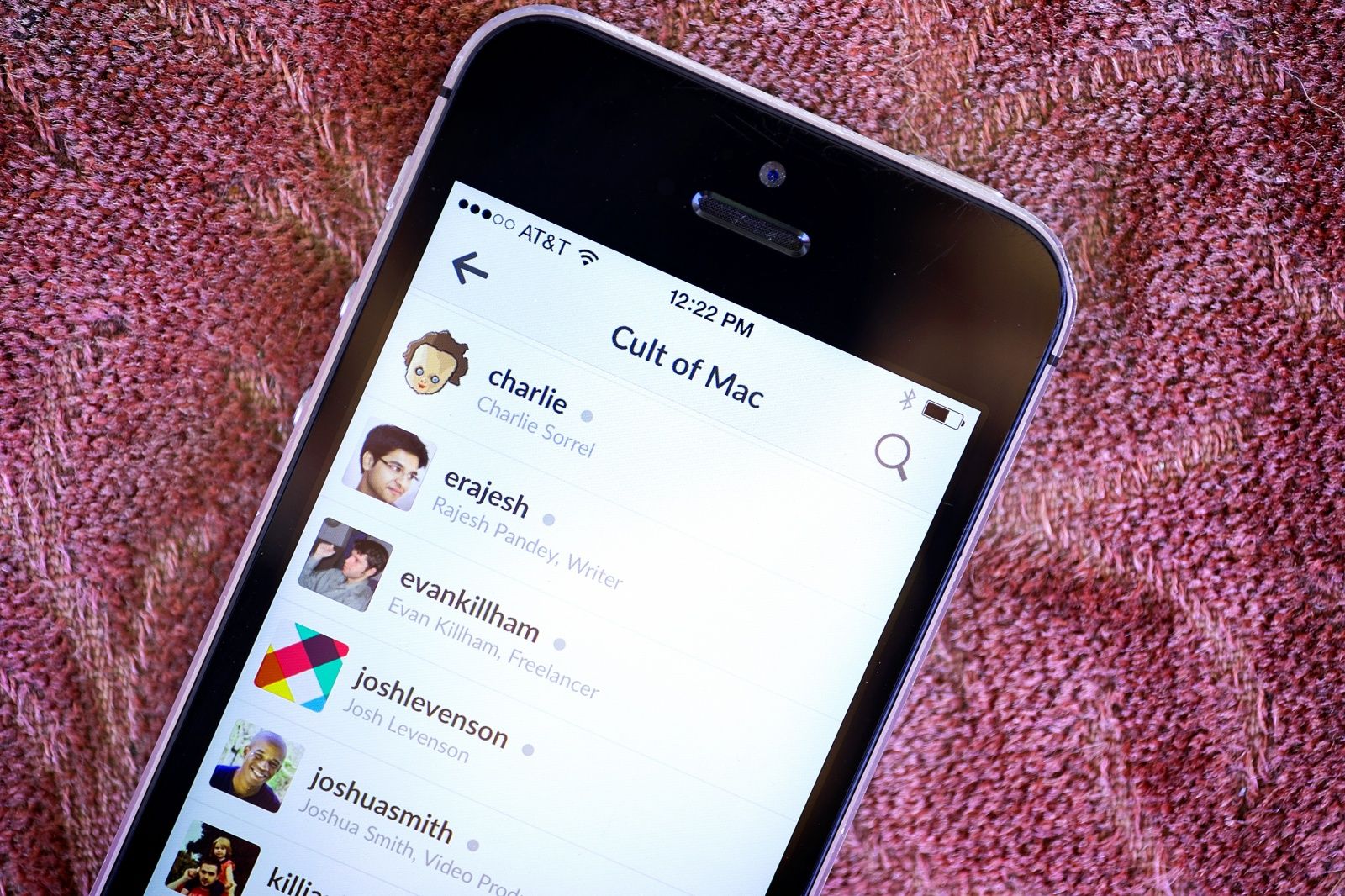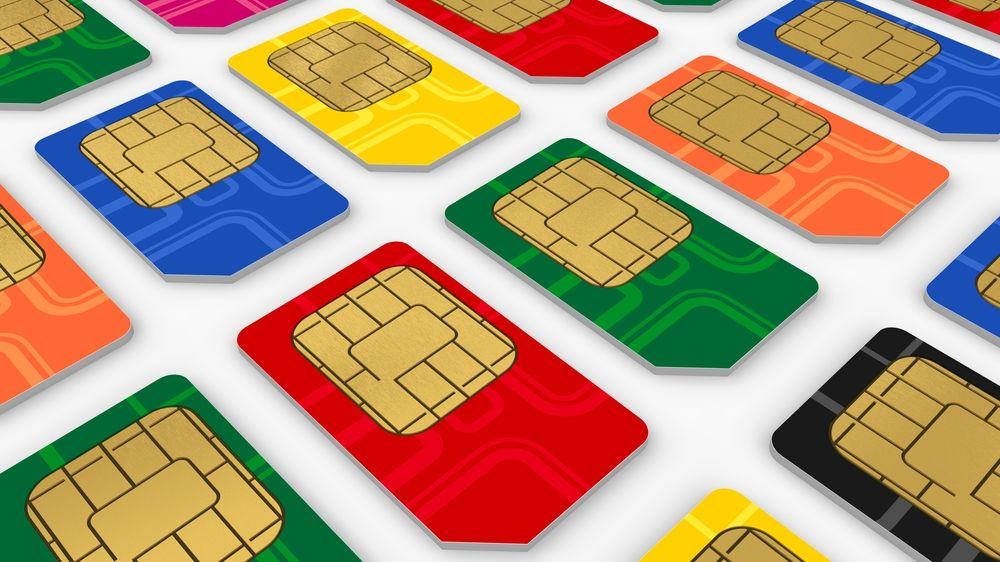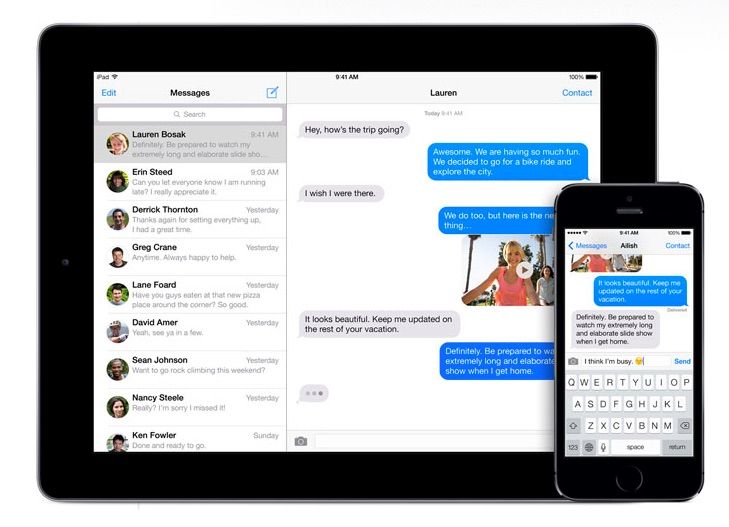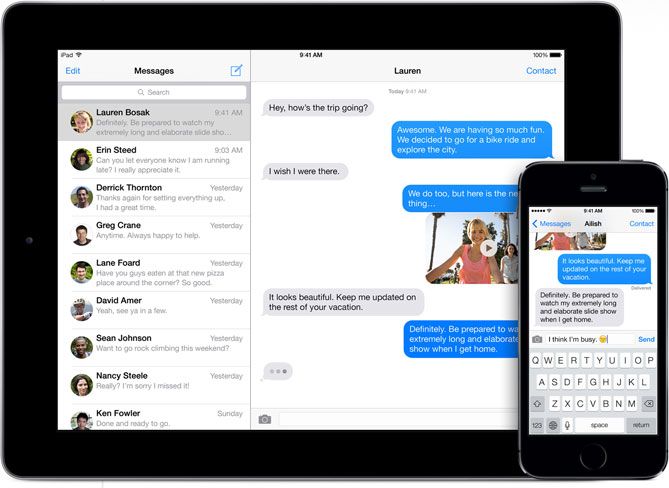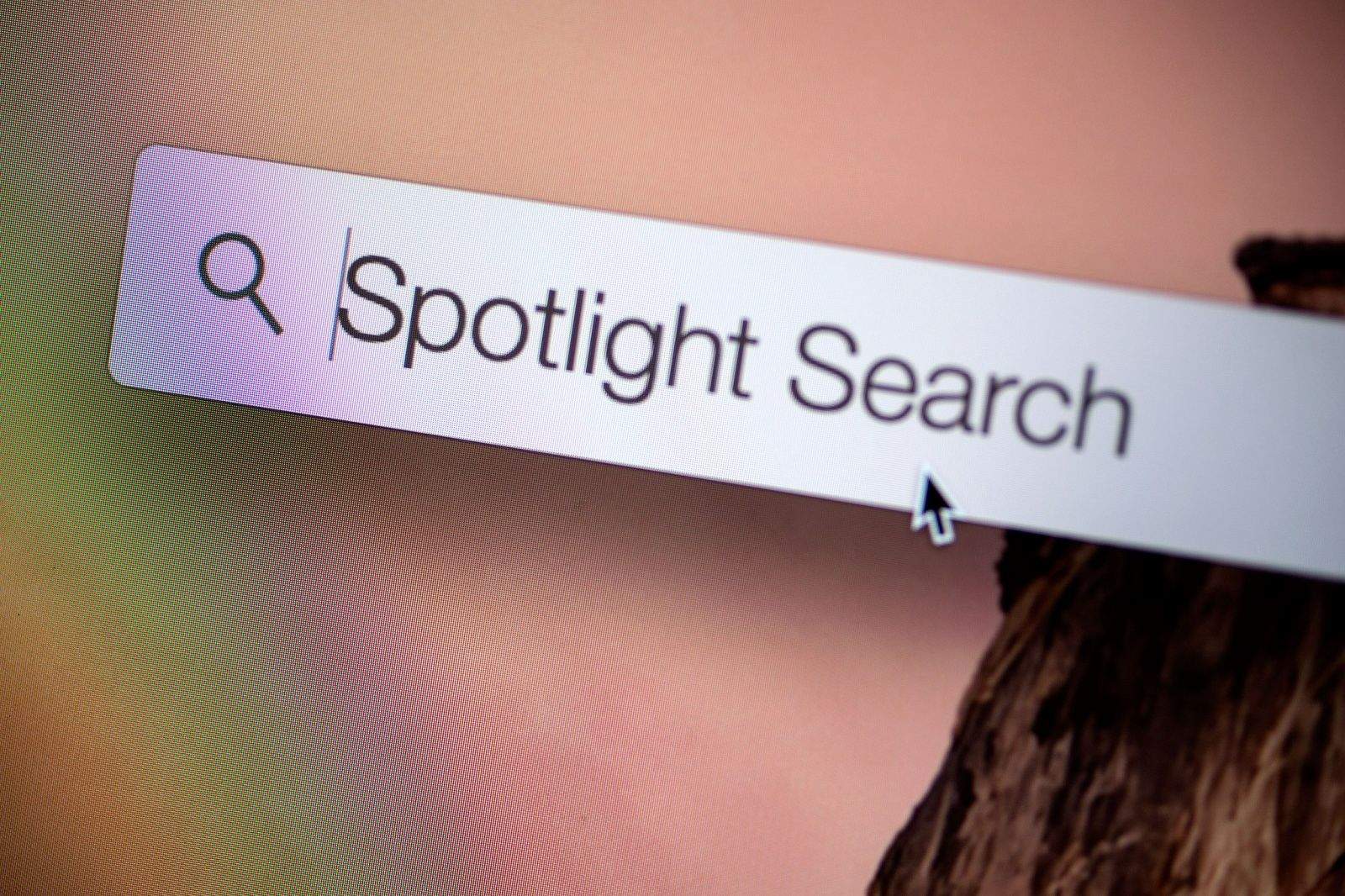Worried about the security of your Dropbox files, even if you use two-step verification? Dropbox has your back now with a new USB key-based system to ensure that you are the only one able to access your files in the Dropbox cloud.
“Today,” Dropbox writes on its website, “we’re adding Universal 2nd Factor (U2F) security keys as an additional method for two-step verification, giving you stronger authentication protection.”

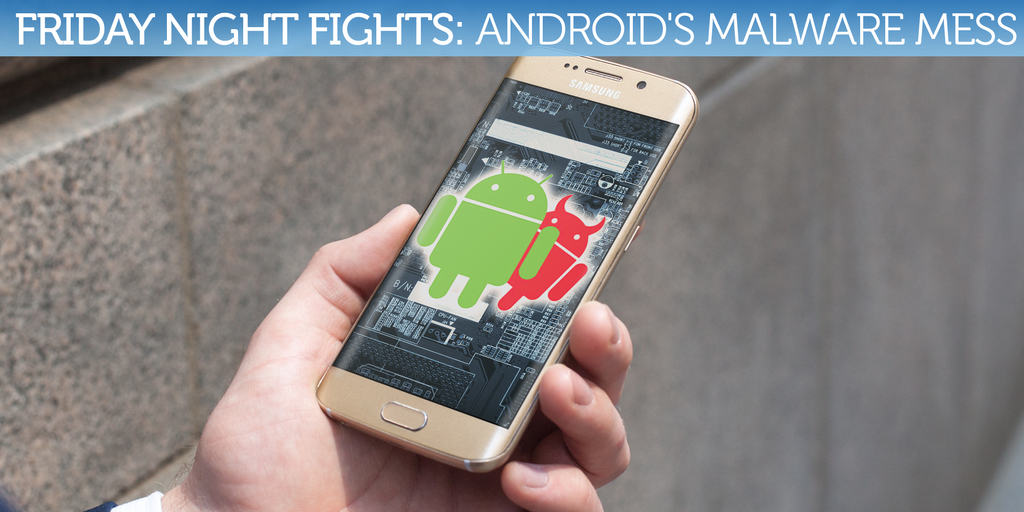
 Now fans are asking how these flaws made their way into public Android releases, compromising the security of more than 1 billion users worldwide. Could Google be doing more to prevent it? And are its hardware partners doing all they can to patch holes in their own software?
Now fans are asking how these flaws made their way into public Android releases, compromising the security of more than 1 billion users worldwide. Could Google be doing more to prevent it? And are its hardware partners doing all they can to patch holes in their own software?
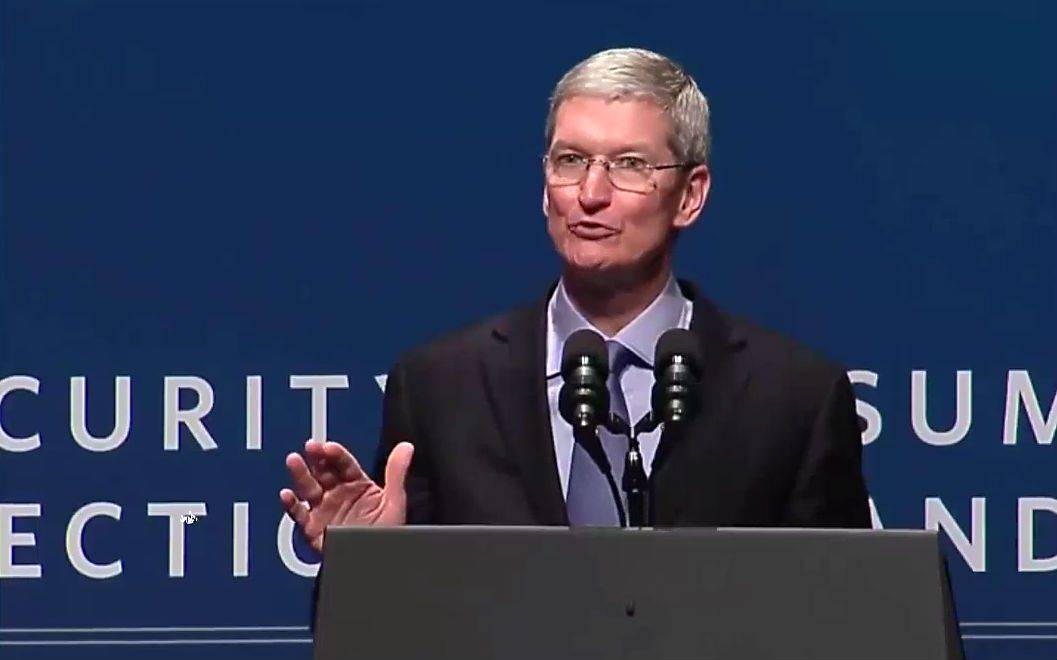
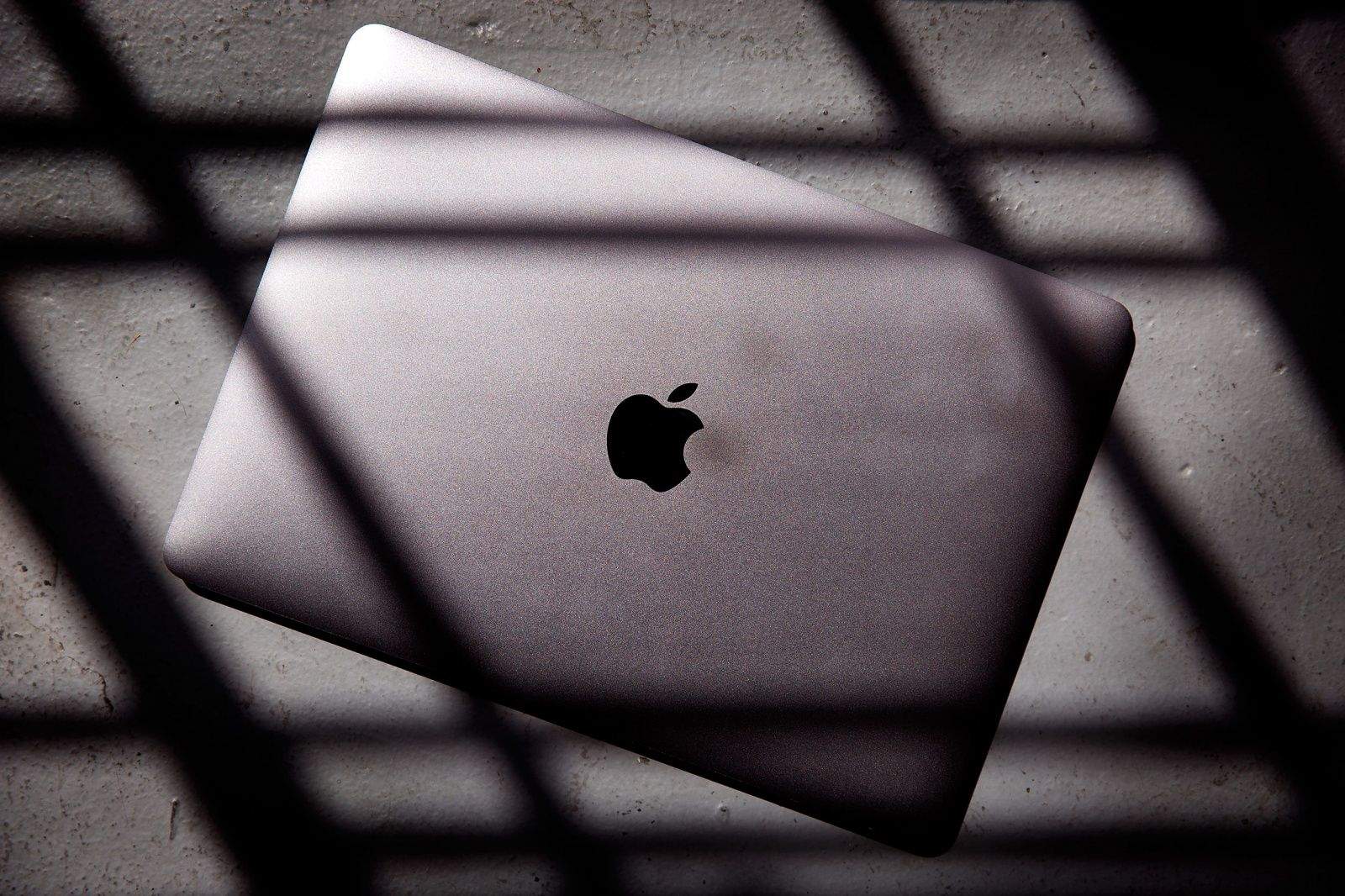

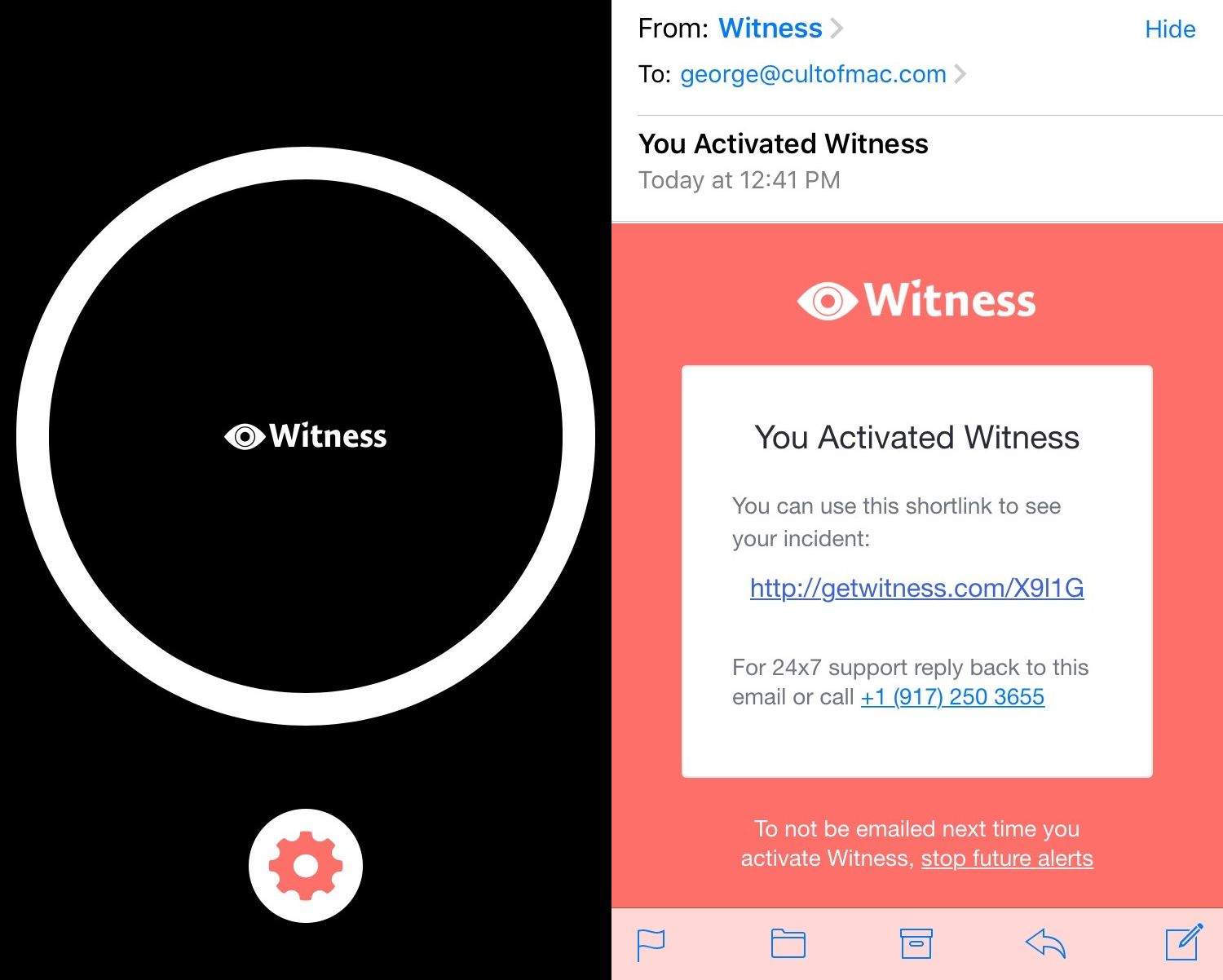
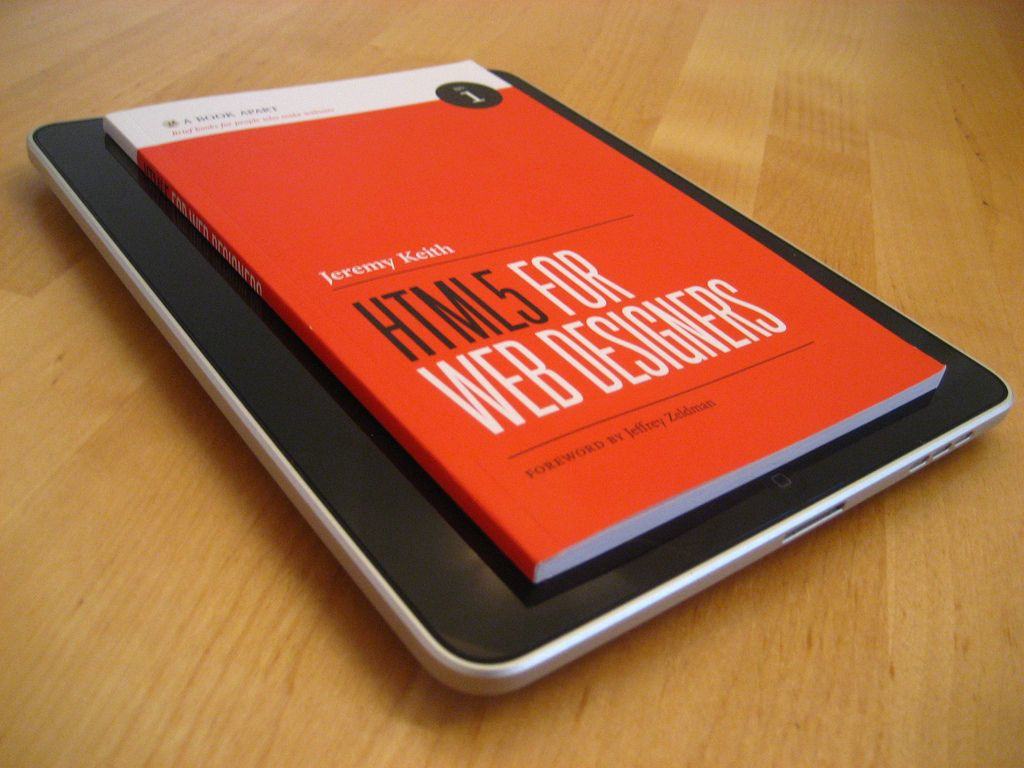

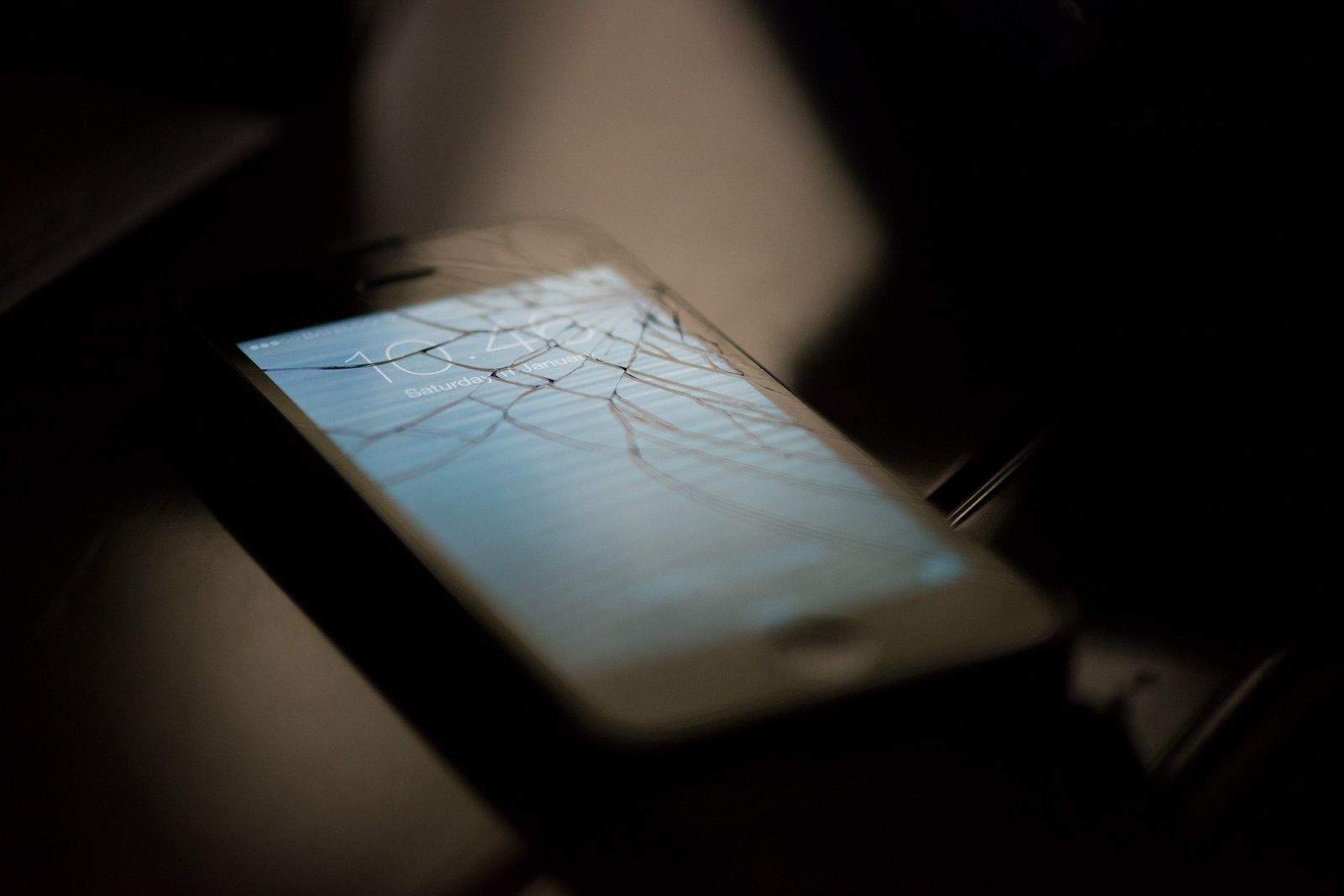
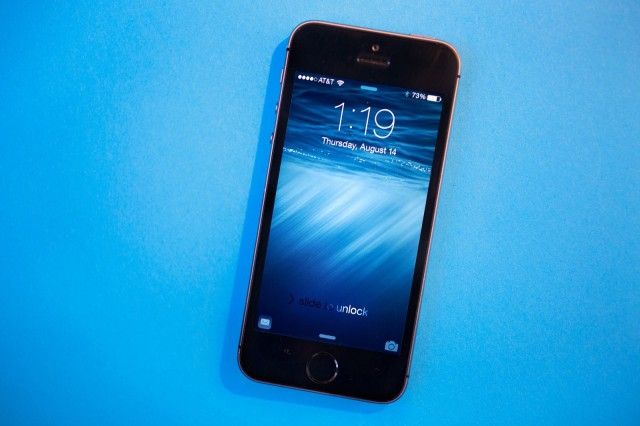
![Jumpstart a new career in IT management and security with 4 essential exam trainings [Deals] original_2033_UltimateIT_SecurityBundle_MF-Primary](https://www.cultofmac.com/wp-content/uploads/2015/05/original_2033_UltimateIT_SecurityBundle_MF-Primary.jpg)



